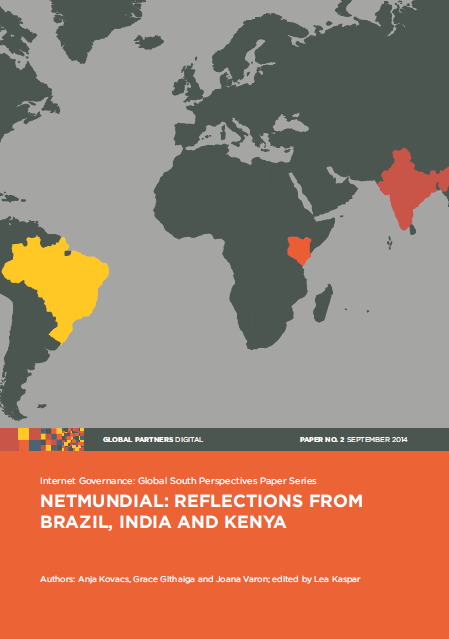Civil society open letter to the ITU on transparency of the 2014 ITU Plenipotentiary in Busan
The Internet Democracy Project has joined forces with organisations from around the world to request the ITU’s leadership to ensure greater transparency and openness of the ITU Plenipotentiary, which will take place in Busan, South Korea, from 20 October to 7 November 2014. The letter was addressed, and delivered, to Secretary General of the International Telecommunication Union (ITU), Dr. Hamadoun Touré, and Deputy Secretary-General of the ITU, Mr Houlin Zhao. The full list of signatories can be found here. The text of the letter is reproduced below. More
